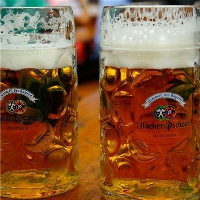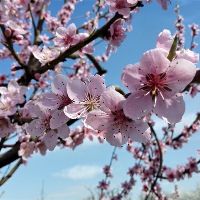Accounting and financial management are both secondary disciplines under business administration, and both are directly related to economic activities. In fact, the curriculum of both are similar, but the focus is different. Financial management and accounting are two majors. To put it simply, accounting is about managing money, and financial management is about managing accounting. In fact, financial management majors are almost the same as accounting majors, which means that they have learned more advanced financial management, financial analysis and other limited courses than accounting majors; In addition to mathematics and other basic courses, the major of financial management includes finance, management and some courses of international trade. The major of financial management should focus on financial analysis, analyze the financial situation of the company, make suggestions on the future business strategy of the enterprise, and participate in the management of the enterprise.
Accounting: refers to the work of continuously reflecting, supervising and participating in decision-making on the business activities of enterprises in the form of funds.
It mainly focuses on after the fact accounting and "calculation". To put it bluntly, it is to make accounts, make accounting vouchers from invoices and other bills of enterprises, register them in accounts, and then prepare statements! Its essence is to check the economic business system that has occurred, so that the report user can clearly see the business of the enterprise, the amount of each asset, and the income realized in the current period.
Financial management: refers to the activities that use management knowledge, skills and methods to manage the raising, use and distribution of enterprise funds. Mainly in advance management, focusing on "reason".
Compared with accounting, it tends to manage funds before and during use, including post use management.
To put it bluntly, learn how to use the funds of the enterprise and how to raise the funds of the enterprise (when the money is not enough). After using up the funds, reflect on whether it is reasonable to use them like this. If you prefer to calculate every business in a down-to-earth and meticulous manner, go to accounting major.
If you prefer to think about how to use a sum of money, how to collect a sum of money, how to get loans from the bank, and how to make enterprises spend less money, then learn financial management! Financial management is internal accounting, which is used to make internal accounts. The role of this report is to help managers take correct business decisions and help enterprises develop better. Accounting is external accounting. It is a statement for investors and tax bureaus. It is important to attract investment and be responsible for the outside world.
At present, Chinese accounting has not strictly distinguished financial management from financial accounting. Financial management has not really existed in China as a profession, but in foreign countries, financial management is quite important. In China, financial management will become more and more important, so in China, The basic knowledge of financial management is also the basic knowledge of accounting, so you can still do accounting after you go out, because if you can't even learn the basic accounting, how can you learn management at a deeper level. Management is a deeper level of accounting. In enterprises, accounting is just a rigid job. But if you know how to achieve better benefits through data management, it will be very popular.










